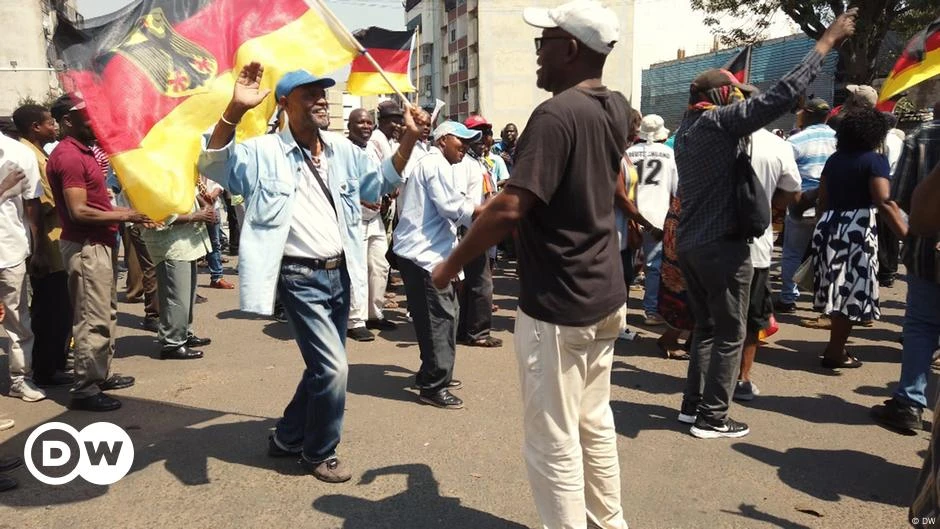East Germany's Mozambican workers in fresh push for lost pay

Stay tuned with 24 News HD Android App

Berlin must compensate Mozambicans who were not paid for working in the former East Germany, the top official in charge of atoning for the injustices of the communist dictatorship said on Monday.
Around 20,000 people from Mozambique were recruited during the Cold War to work as so-called contract labourers in the former communist East Germany.
Many were never paid because the money earmarked for their wages was instead used to pay off Mozambique's debts to the East German state.
Government commissioner Evelyn Zupke on Monday called for financial compensation for the victims and a resolution in the German parliament to recognise the "injustice" inflicted on them.
"This is an injustice that originated on German soil" and Germany must "admit this historical responsibility", she told a press conference in Berlin.
Zupke's role is to advise the government and parliament on issues related to the former East Germany.
Berlin says it has already settled all claims, but Zupke called for a lump-sum payment for each of the roughly 10,000 victims who are still alive, though she did not name an amount.
Michael Windfuhr, deputy director of the German Institute for Human Rights, which supports the initiative, suggested up to 6,000 euros ($6,700) for each victim.
"This is not a sum that would break the budget," Windfuhr said. "It is the gesture that matters."
'Betrayed'
East Germany began recruiting workers from Mozambique and other communist-leaning "brother countries" in the late 1970s to ease a labour shortage.
Many of them performed strenuous manual labour in sectors such as open-cast mining and the meat industry.
At best, they were only partially compensated for their work, and after German reunification in 1990 many of them returned to Mozambique empty-handed.
In 1993, Germany transferred around 75 million German marks ($43 million) to Mozambique as a lump sum payment for the services of the labourers.
However, according to Zupke, most of the workers never saw any of it because it "mostly disappeared into the quagmire of a corrupt state".
"To this day, I feel betrayed by both countries," said David Mocou, a Mozambican who worked in the Hoyerswerda open-cast mine from 1979 to 1991 and was never paid.
"We worked shoulder to shoulder with our German colleagues in the open-cast mine, 12 hours a day," Mocou said.
At a separate press conference on Monday, Sebastian Fischer, a spokesman for the German foreign ministry, said the government had already "fully met" its obligations with regard to the Mozambican labourers.
Should the workers have any fresh demands, he said, it would be "up to the Mozambican government to address them".
